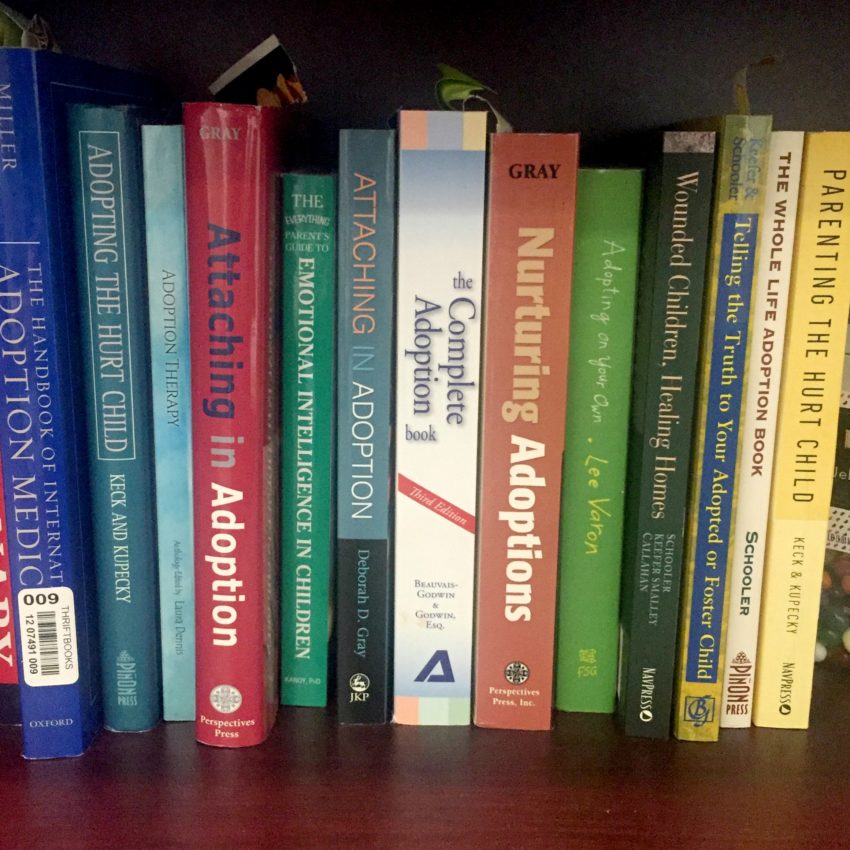 What is the value in the adoption support resources that are sent to families upon starting the adoption process? Is it just useless information and needless reading that is sent to adoptive families? The resources provided by adoption agencies at the beginning of a family’s adoption process are easy to ignore; there is so much to do already in your adoption that additional “homework” is understandably not always welcome.
What is the value in the adoption support resources that are sent to families upon starting the adoption process? Is it just useless information and needless reading that is sent to adoptive families? The resources provided by adoption agencies at the beginning of a family’s adoption process are easy to ignore; there is so much to do already in your adoption that additional “homework” is understandably not always welcome.
Unfortunately, it is often down the road, when families are struggling and may even be in crisis, that these resources and supports are revisited. If a family reaches their limit emotionally, mentally or financially, it is at this time of crisis that the value of resources is priceless. We are always grateful any time a family takes advantage of resources available, though for the families who do their “homework” from the start and continuing learning, they may be less likely to find themselves in crisis, or if they do, they’ll know where to turn for help. That is the hope for all of our families: that they are prepared, and when times get tough, they have a plan.
While you may not anticipate any problems during or after your adoption, it should be a family’s priority, during the process and after, to look into as many resources as possible. Knowing the individuals and organizations to contact when or if something happens is important and can prevent families from landing in “crisis mode.” Check into your state’s Post Adoption Services before placement; our Social Services team sends this information to every family for them to connect with supports. Do you know of an adoption-competent counselor or therapist in your area? What will you do when you need short-term respite care? These are all things that can be done early and can be a big help to families! This is especially important for families adopting children three years and up, but it can be a great asset to all families.
It is also important to take advantage of reading many of the books that are available to better educate yourself on what to expect or how to handle your child’s behavior. It’s best to read a few of these books before placement, as the reality of welcoming a new child may not allow for concentrated reading time. When these books are read in advance, they can be used as a quick reference later.
It is easy to dismiss little things over a period of time, but occasionally the little things can become overwhelming. Who do you contact for post adoption depression? Or what support group can you join for ADHD? What can you do if you suspect your child may have Sensory Processing Disorder? What is an IEP, and how do you know when you need one for your child? Our Social Services team is able to support and guide our families as they do this research.
Having pre-identified resources, putting plans in place, and knowing who to call can save a family’s peace of mind and sometimes even save a family from reaching a crisis situation.
